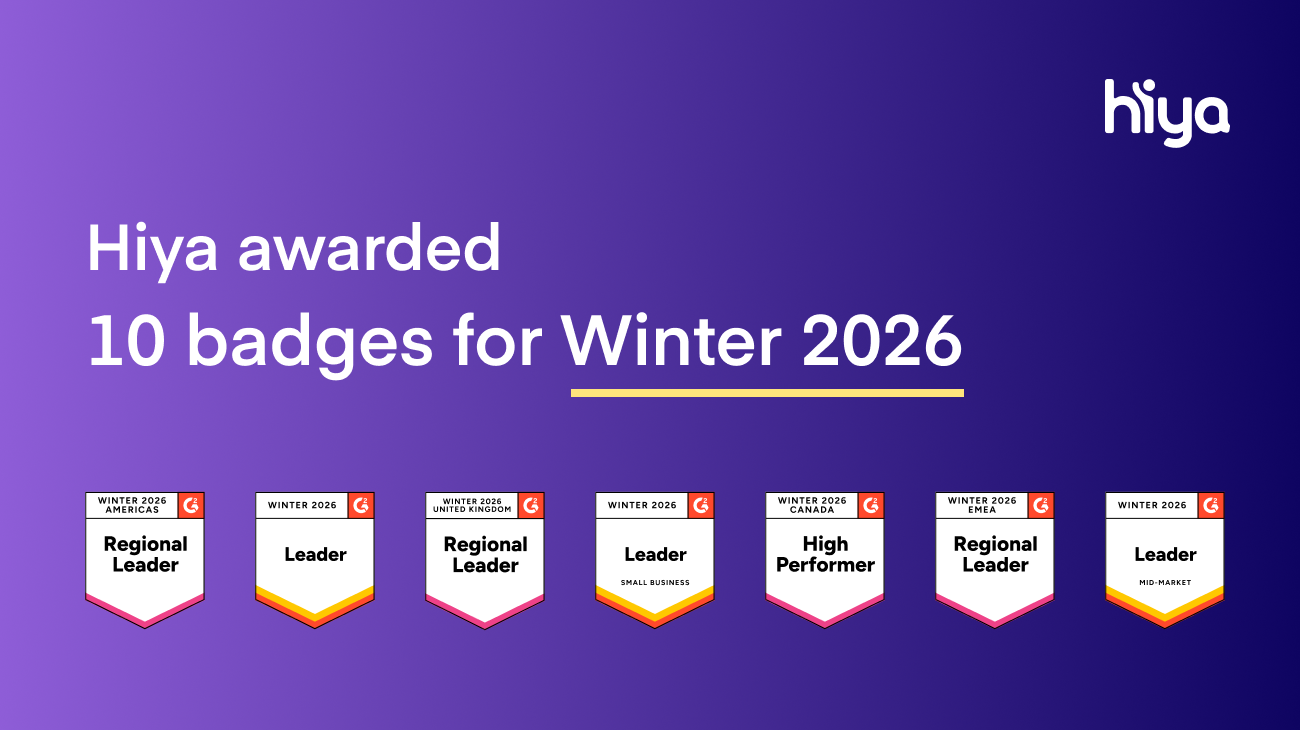
WHO:
Charlotte residents and folks with a 980 area code, have you been receiving a lot of scam calls recently? If you have, you’re not alone. Phone scams continue to plague the nation, and Hiya, the global leader in phone spam protection, recently found a high level of phone scam activity to phones with the 980 area code.
Based on Hiya’s analysis of more than 5.3 billion spam calls each month, scam calls to the 980 area code have increased by 69% in the past month.
WHERE:
In addition to mobile users whose area code is 980, Hiya identified the top cities in the area that are plagued by these scams:
- Charlotte
- Concord
- Huntersville
- Kannapolis
- Matthews
- Monroe
- Salisbury
- South Gastonia
- Statesville
WHAT:
Phone fraudsters use various angles when calling their victims. According to Hiya’s data, the most common types of scams that fraudsters are using to reach Charlotte-area residents are:
- Fundraising Scam – Scammers focus on specific causes to play on your generosity. Urgent requests for recent disaster relief efforts are especially common on the phone. Others will claim to call on behalf of local police or firefighters.
- Mortgage Scam – These scams are designed to steal your money or personal information. The scammers ask for an upfront fee, and after the customer pays the fees, the companies usually do not get mortgage loan modifications. People lose money – and in some extreme cases, their homes too.
- Car Insurance Renewal Scam – Scammers call and make offers about extending the factory insurance for your vehicle. During the call, they ask for personal information. The scammer may have specific information about your particular car and warranty, which makes it easier to think this is a legitimate caller.
- Financial Debt Scam – These scammers claim to be debt collectors. They have a lot of personal information about the victims. The scammers can be aggressive and pretend to be with a law firm, government agency or police department.
- IRS/Credit Card Scam – Scammers will call and say they are from the IRS and will ask the victims yes/no questions such as: “Can you hear me?”, “Are you the person responsible for paying the telephone bill?”, or “Are you the homeowner?” If the victim answers “yes,” it is recorded and may be used by the scammer to authorize bogus charges on a credit card.
STAYING SAFE:
For tips to avoid these calls and what to do if you answer them, check out the Hiya blog. Hiya provides a valuable solution by helping consumers determine whether or not to pick up the phone. This includes identifying legitimate numbers by name as well as identifying and blocking known spam and scam numbers. Hiya provides an industry-first solution available on both its iOS and Android apps to protect consumers from phone scams. Hiya users on Android can manually set up a block for the first six digits of their phone number.
Hiya is available for free on iTunes and Google Play. To learn more about Hiya visit Hiya.com.

.jpg)

